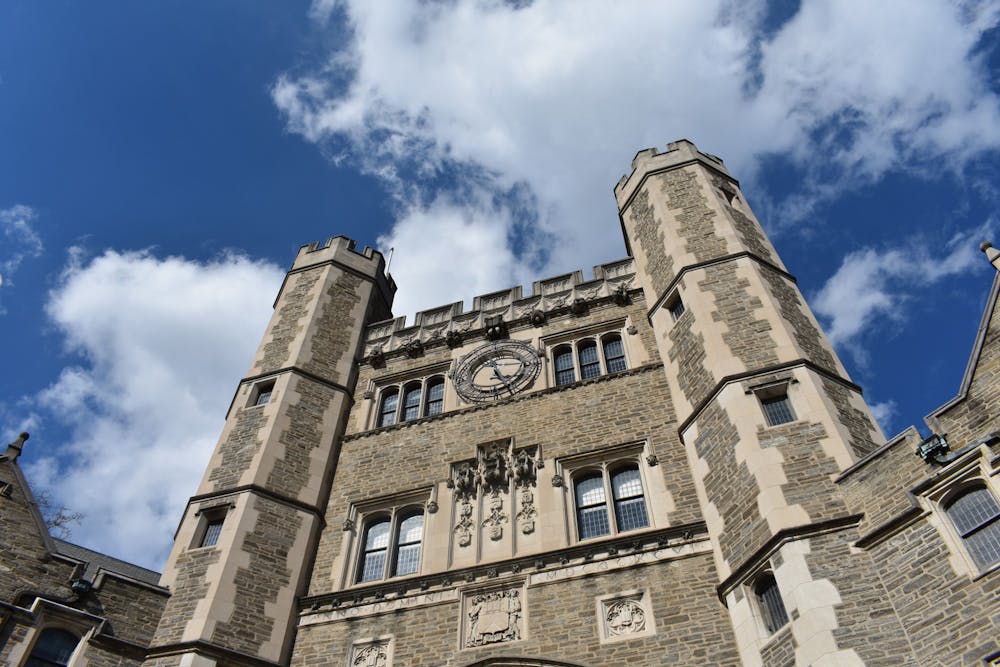When Japan surrendered in 1945, the Nassau Bell rang for three and a half hours. From Nassau Street to Nassau Hall, a “milling crowd” of townspeople, military, and students cheered, celebrating the end.
Today, we may long for a similar end. We may long for the bell, the crowd, the moment that tells us the pandemic is over. Yet that moment may never come. “There will be no sudden victory,” a doctor tells the New York Times, because pandemics do not end simply. Pandemics persist. No singular event, no medical marvel, will end this era and hail the next. Even with the announcement of a vaccine, immunizing a sufficient segment of the United States could take months or years.
Students should brace for the long haul. When students return to campus, the University may not be the same. The Princeton many left, the Princeton many first-years never met, may be shadowed by health measures that leave us aching for our college experience. But in that slow and careful crawl back to normalcy, we might find comfort in people and places we have forgotten.
We cannot be faulted for forgetting. We left with little warning. Goodbyes were too rushed, too hard, and too scarce. No one who left campus had enough time to see everyone or everything they wanted. It is no surprise that we might forget the face of someone we once spoke to or the view from a spot we once appreciated — many thought we would return soon enough.
Now, a return date is anyone’s guess. While the University administration may choose to open campus for the spring semester or the next academic year, it may also reverse its decision, as it did this past fall. The dangers may be too high.
Yet the University administration will also reckon with institutional and financial realities. Despite Princeton’s enormous endowment, the administration will undoubtedly feel mounting pressures to welcome students back. Given that the pandemic will not end in the near future, such pressures might ultimately determine that this welcome will be sooner rather than later.
This event seems likely. Besides institutional and financial pressures, the University might also be pushed to open simply because people grow tired. They yearn for normalcy. For college students, this yearning is palpable: It is the pressing feeling that their classes have been reduced to small screens, that a long and late night alone could have felt shorter and brighter with friends.
The day will come when Princeton opens its campus. Whether that day is before or after COVID-19 treatment has been perfected is uncertain — but whenever that day arrives, caution will drive conduct. Housing, dining, classroom learning, and social activities will be regulated by appropriate health measures. Without common rooms filled with voices, without seminars of crowded tables, Princeton may not feel as it once did.

Yet one might find comfort in simply returning. Stepping on campus, one might be reminded of the way snow rests on Blair Arch, the way the sun rises over Poe Field, the way rain pools before RoMa’s steps, the way people rested against trees at Cannon Green, the way people’s laughter carried over Firestone’s shelves. We might have forgotten these moments.
When we come back, we will remember.
David Palomino is a junior in the politics department from Los Angeles, Calif. He can be reached at davidap@princeton.edu.









